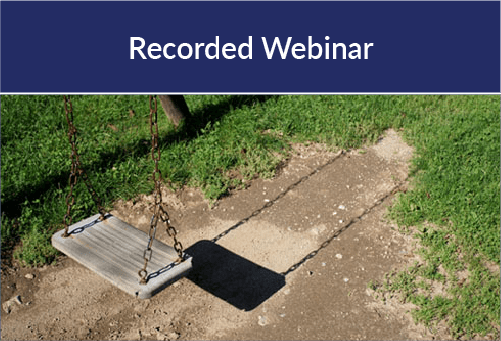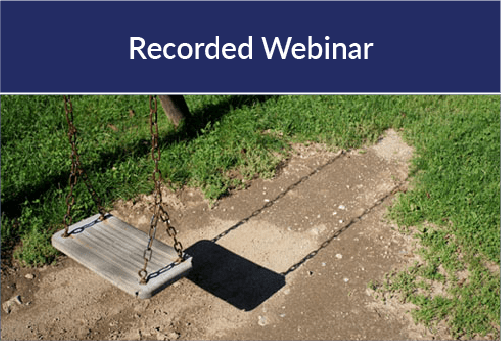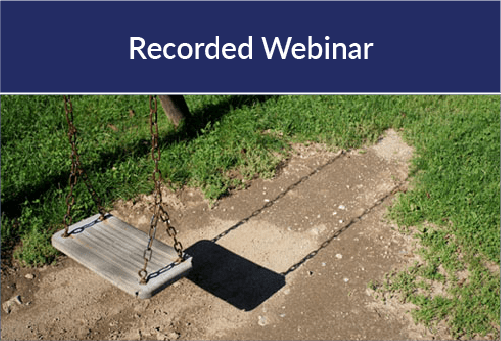


Test your community’s response in conducting an initial investigation, search and canvass activities for a missing or abducted child scenario occurring on tribal lands. Employ strategies and responses in mitigating and resolving the emergency. Participate in a multi-disciplinary, multi-jurisdictional tabletop exercise, to build cohesiveness with tribal, state, local and federal partners when responding to an emergency.

When working in the addiction field, we frequently encounter clients who appear unmotivated to change. During this webinar, we will explore the concept of motivation and provide you with practical skills to develop intrinsic motivation toward long-term behavior change.

Motivational Interviewing is a style of interaction that is client-driven and supports individuals in the healing and change process. There is significant research in the health, education and criminal justice fields that supports the use of motivational interviewing in addressing the needs of victim/survivors and offenders, providing support and helping to facilitate change. Motivational Interviewing (MI) is a trauma-informed interviewing/interacting technique that focuses on creating supportive, meaningful and strategic conversations. This advanced training will provide the context of evidence-based practices on how to have these conversations and will leave you with practical skills to engage in short and effective conversations to initiate, or facilitate, the process of behavior-change and effective support. This training will focus on change talk, working with resistance, and exploring and resolving ambivalence.

Build your own live instructor led course by combining modules (2 hours each) to produce a full day of training or spread out training sessions over several days. Completely customizable based upon your specific needs. Eleven different modules to choose from.

AMBER Alerts are activated in the most serious child-abduction cases. The goal of an AMBER Alert is to instantly galvanize the community to assist in the search for and safe recovery of a missing child. These alerts are broadcast through radio, TV, road signs, cellphones, and other data-enabled devices. During this webinar, tribal community members will understand law enforcement's response to missing and abducted children, and when an AMBER Alert is an effective tool. Recognize the importance of bridging the gap between law enforcement and the community. Explain and understand how community members can assist during and before a missing or abducted child situation.

AMBER Alerts are activated in the most serious child-abduction cases. The goal of an AMBER Alert is to instantly galvanize the community to assist in the search for and safe recovery of a missing child. These alerts are broadcast through radio, TV, road signs, cellphones, and other data-enabled devices. During this webinar, law enforcement will understand the importance of what criteria needs to be met to request an AMBER Alert activation. Demonstrate and recognize the importance of having a plan or policy in place. Explain how critical it is to train and prepare in advance of an AMBER Alert activation to be able to respond quickly, as time is of the essence in every child abduction case.

Learn about the mission of the Ashlynne Mike AMBER Alert in Indian Country Act of 2018 and the ongoing efforts of the AMBER Alert Training and Technical Assistance Program (AATTAP) to support this Act.

Implementation science is the collective study of practices and methods that significantly improve the successful implementation of new programs and practices. During this webinar, we will explore the fundamental practices and research supporting implementation science and we will learn about programs that are successfully improving services and outcomes using these best practices in the criminal justice and addiction fields.

Previous webinars have laid the foundation regarding the impact of addiction on the brain and ways to support tribal members’ journeys out of addiction. Join this session for a facilitated discussion and open forum with subject matter experts who will answer your practical questions regarding working with the impacts of addiction on the brain. Prior to the session, we will gather feedback from you about what you would like to learn about the topic from the experts. Your participation is encouraged during the session, and additional questions will be taken at that time.

Join us for a Q&A session that provides an open forum to answer practical questions regarding working with the clients who appear unmotivated to change.
